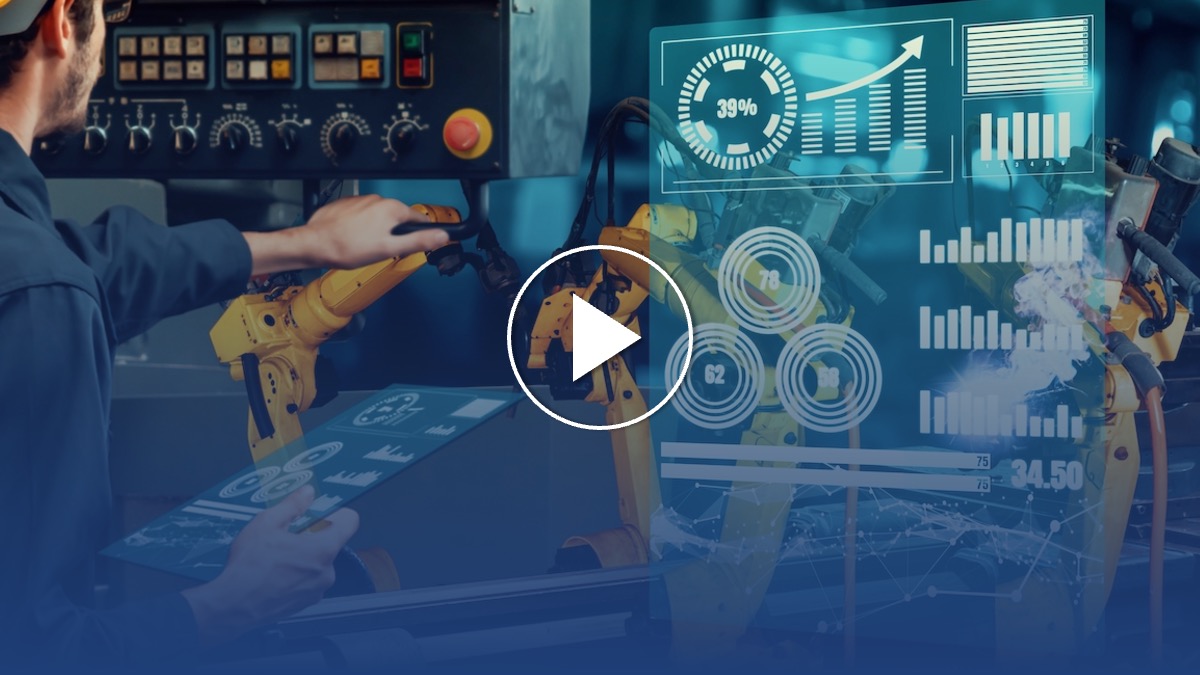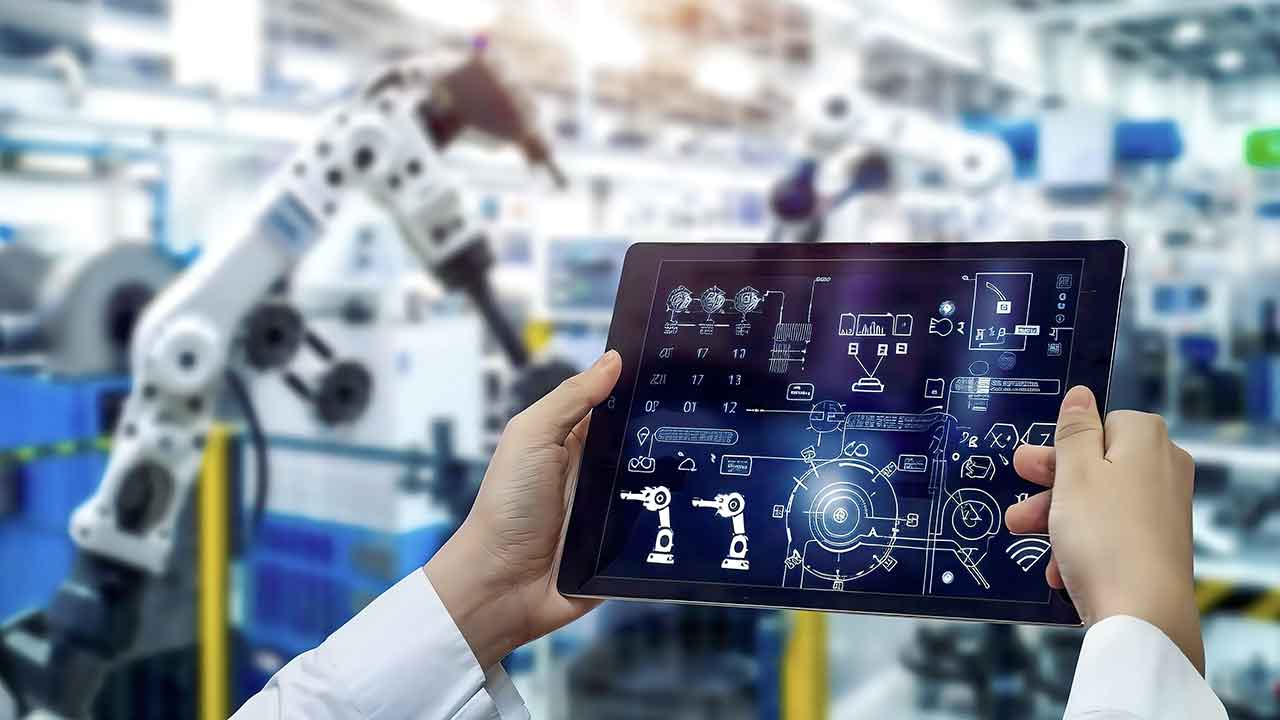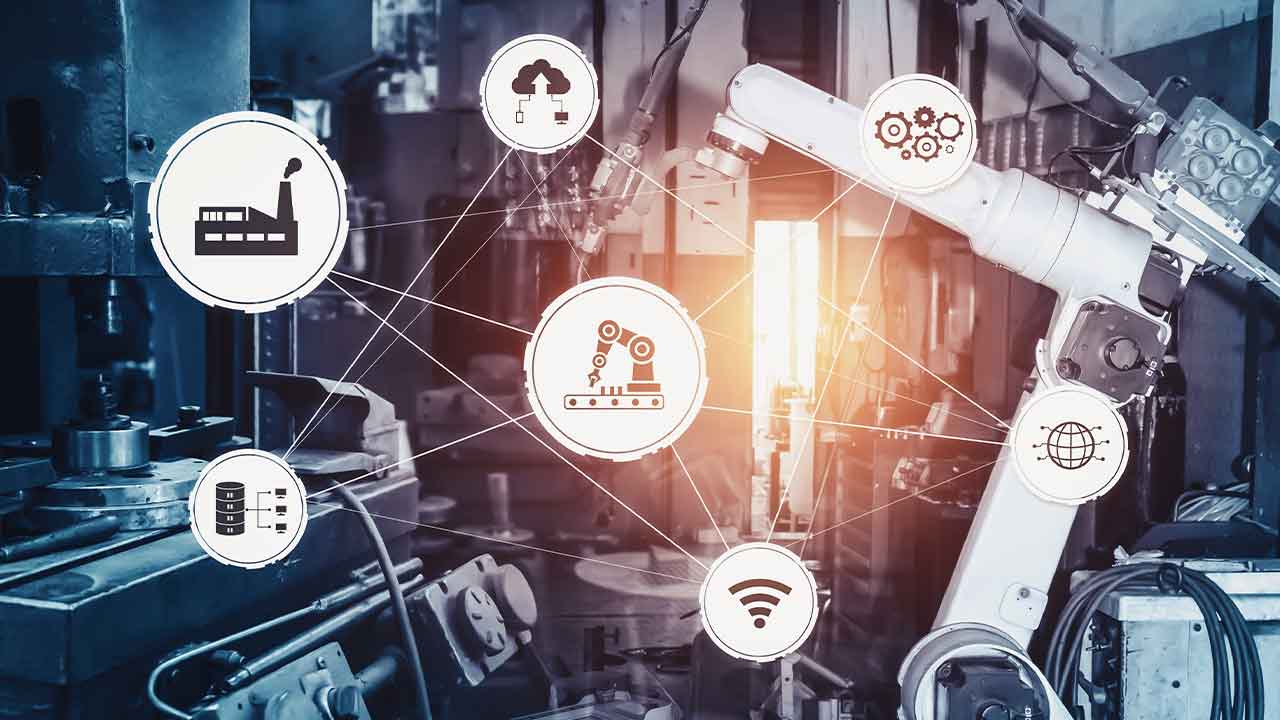From Data Chaos to Clarity: Laying the Foundation for Industrial Digital Evolution
The interview with Gregory Tink, Digital Transformation Consulting, Schneider Electric, at the ARC Forum in Orlando offers comprehensive insights into the journey of industrial digital transformation, highlighting several key strategies and challenges faced by companies today. Here are the main takeaways:
1. Focus on Problem-Solving: A foundational recommendation for companies embarking on digital transformation is to clearly identify and understand the problems they aim to solve. This involves having a clear vision of what they want to transform into and the purpose behind their transformation efforts.
2. Start with a Lean Foundation: Before integrating new technologies, companies should examine their existing work processes and identify bottlenecks. Starting with a lean process improvement approach allows for building on a solid foundation, ensuring that digital technologies enhance already optimized processes.
3. Embrace Sustainability: Sustainability is emerging as a key driver for digital transformation. Companies are looking to align their digital initiatives with sustainability goals to achieve eco-efficient operations. This involves understanding operational inefficiencies and targeting areas where digital transformation can contribute to sustainability.
3. Data and Strategy Foundation: A common challenge is managing and making sense of the vast amounts of data generated. Having a strategic approach to data management is crucial for leveraging advanced technologies like AI. Without a solid data foundation, it’s challenging to build effective solutions.
4. Engaging and Training People: For digital transformation to be successful, it’s essential to engage and train employees, helping them understand how technology can aid their work and free them up for higher-value tasks. This ensures that the workforce is prepared and excited about the changes.
5. Measuring to Improve: Any effort towards sustainability or efficiency gains needs to be measurable.
6. Anticipating Future Technologies: Looking ahead, there’s an expectation that the industry will move beyond Industry 4.0 to a phase where advanced technology not only supports operational efficiency but also enhances societal well-being. AI, in particular, is seen as a co-pilot to human operators, embedding directly into operational systems to optimize processes continuously.
This discussion underscores the complexity of digital transformation in the industrial sector, emphasizing the need for clear problem identification, lean processes, sustainability alignment, comprehensive data strategies, employee engagement, and the anticipation of future technological trends. For more details, watch the interview.
This blog post was created based on the script of the video with the assistance of https://chat.openai.com/.



